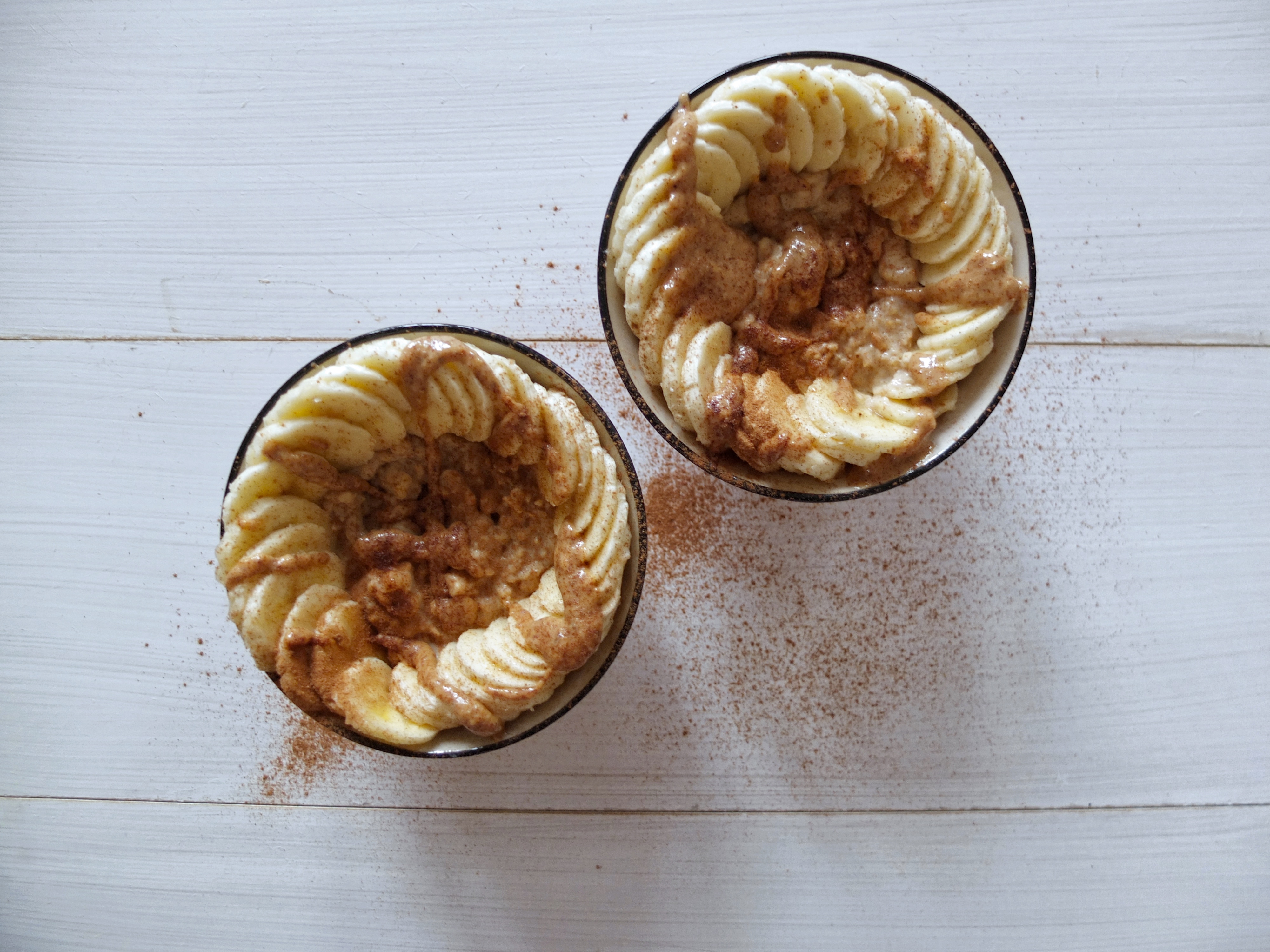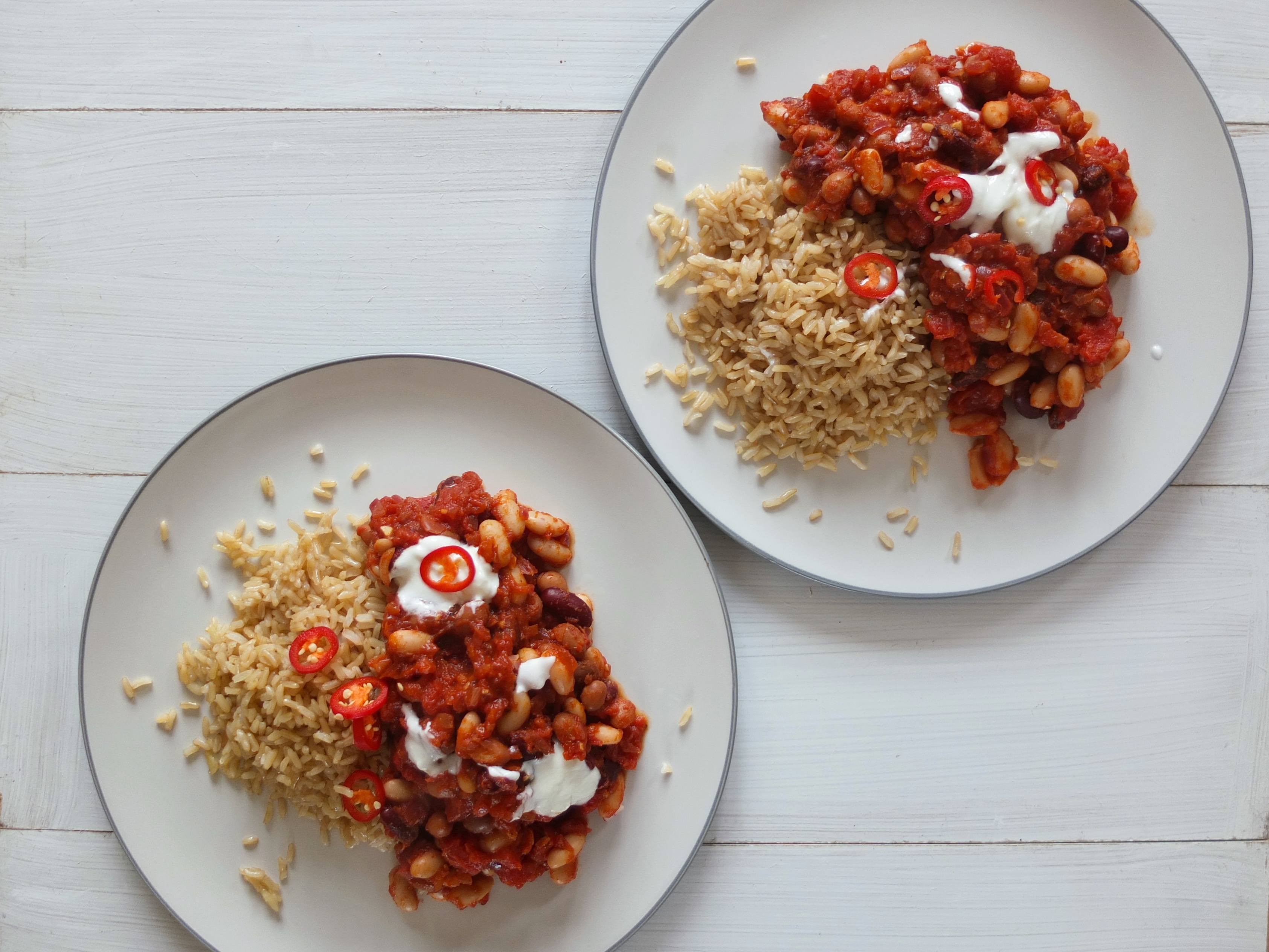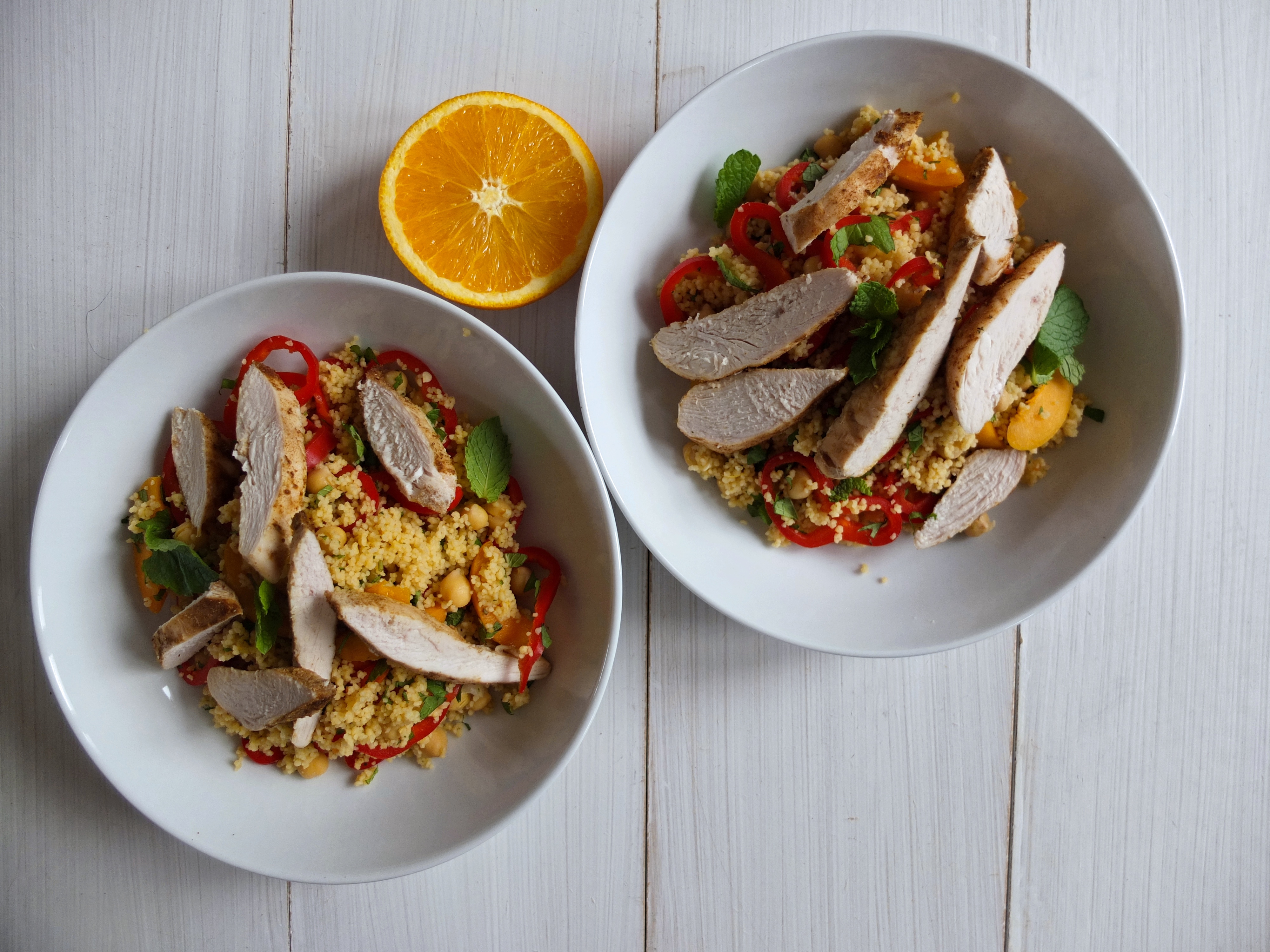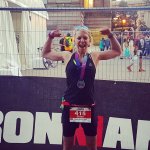We recently covered what we eat whilst out exploring the world’s roads and trails. We talked about how the body utilises different food groups while on the move, and the importance of including them in your diet. It is just as vital that you get your post-exercise fuel correct, otherwise, you are simply signing yourself up for a slow recovery and possible setbacks in your progress.
Post-race your muscles have utilised most of the carbohydrates in your body, including the glucose in the blood and the glycogen in the muscles. This results in depleted blood glucose levels which leads to shakiness, weakness, hunger, and dizziness. To restock your muscles glycogen stores and bring blood glucose back into equilibrium you need a mix of complex and simple carbohydrates. The simple carbohydrates will quickly bring up your blood sugar levels, but too much of these will only result in a spike followed by a crash. Consuming complex carbohydrates alongside simple ones will help to prevent this spike and maintain stable blood glucose levels for longer. They will also help to replenish the glycogen stores in the muscles for future use when blood glucose starts to drop again. A great example of this is sliced banana on wholemeal bread.
Most gym goers are all over the post-session protein consumption, yet it tends to become a forgotten macronutrient for runners. When you exercise, you create small microscopic tears in your muscle fibres. Your body repairs these tears and creates more fibres to make you stronger and more efficient. These repairs are made by creating proteins from amino acids in the protein you have consumed. Running creates less muscle damage than say Olympic lifting, but the damage is still created nonetheless. If protein is not consumed after running these tears will not properly heal and over time this will lead to muscle atrophy (loss of muscle mass). You can turn to your classic lean meats, poultry or fish for this intake of
protein, or if you’re veggie eggs, dairy, beans and pulses do the trick just as well. Fats are not so essential immediately post run as they can slow down the absorption of carbs and protein. However, it is still a vital macronutrient for a runner and should be included in your diet throughout the rest of the day.
Micronutrients should not be forgotten! Electrolytes such as sodium, potassium, magnesium, and calcium are lost in your sweat. Due to the high impact nature of running it is vital you maintain a strong skeleton. To help with calcium absorption it should be consumed alongside vitamin D. Small oily fish such as sardines and anchovies are a great example of this as you can consume their small bones and they are also rich in Vit D. Most fruits, vegetables, nuts and seeds are good sources of sodium, potassium and magnesium.
Our favourite post-run meals are:
Banana and almond butter porridge (post morning run)
Mixed bean veggie chilli with wholemeal rice (post lunch run)
Chicken with Moroccan couscous (post evening run)
TTH x





